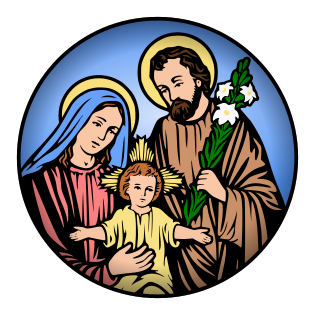In 1927, T.S. Eliot published a series of Christmas poems. The publication came on the backdrop of Eliot’s recent conversion to the Anglican Church. Included in this series is one poem entitled: The Journey of the Magi. It is an allegorical monologue that takes on the voice of one of the three wise men. It seems as though Eliot is speaking himself of his own personal journey … a journey that he notes is one both of discovery and discomfort … a shift from old ways to something new.
Journey of the Magi
By: T.S. Eliot
A cold coming we had of it,
Just the worst time of the year
For a journey, and such a long journey:
The ways deep and the weather sharp,
The very dead of winter.’
And the camels galled, sore-footed, refractory,
Lying down in the melting snow.
There were times we regretted
The summer palaces on slopes, the terraces,
And the silken girls bringing sherbet.
Then the camel men cursing and grumbling
And running away, and wanting their liquor and women,
And the night-fires going out, and the lack of shelters,
And the cities hostile and the towns unfriendly
And the villages dirty and charging high prices:
A hard time we had of it.
At the end we preferred to travel all night,
Sleeping in snatches,
With the voices singing in our ears, saying
That this was all folly.
Then at dawn we came down to a temperate valley,
Wet, below the snow line, smelling of vegetation;
With a running stream and a water-mill beating the darkness,
And three trees on the low sky,
And an old white horse galloped away in the meadow.
Then we came to a tavern with vine-leaves over the lintel,
Six hands at an open door dicing for pieces of silver,
And feet kicking the empty wine-skins,
But there was no information, and so we continued
And arrived at evening, not a moment too soon
Finding the place; it was (you may say) satisfactory.
All this was a long time ago, I remember,
And I would do it again, but set down
This set down
This: were we led all that way for
Birth or Death? There was a Birth, certainly,
We had evidence and no doubt. I had seen birth and death,
But had thought they were different; this Birth was
Hard and bitter agony for us, like Death, our death.
We returned to our places, these Kingdoms,
But no longer at ease here, in the old dispensation,
With an alien people clutching their gods.
I should be glad of another death.
While the poem highlights Eliot’s own spiritual journey, there is something about it that speaks to all of us. In general, we could ascertain that there is a theme of letting go of one way of life and giving birth to another. This is what Eliot means when he refers to birth and death. That which is quite interesting is how the speaker describes meeting the newborn child. He has just encountered the Son of God and he says it was “satisfactory”… Wouldn’t that be a moment of joy and excitement … but he seems to be dismissive. I don’t think to be off-putting or rude … I think it is a realization that his old way of must die – hence the word death – yet give rise, give birth to something new … a new life and a new faith.
Could we not say that 2020 has done something similar to all of us? Have we not had our old ways of living taken from us … our previous mode of being has been completely altered by coronavirus. Yet, isn’t it true that many of us, in this year of darkness, have discovered a new joy … a deeper appreciation for family, friendships, in-person conversations, new found hobbies, and skills … a new-found faith … a deeper appreciation, understanding and love for our God who does not abandon us in times of great trial. Yet, like the Magi, we too will have to walk away from the manger – meaning time will pass. It may take some time, but 2021 has the potential to reinstate something of the old ways … back to work, back to school, and so on. So, in a way, we too have undergone a death. Death to the old that gives birth to something new… A new mode of being … We can only hope, in the way Eliot notes, that we too might not be “at ease in the old dispensation” … in other words … T.S. Eliot, the Magi, teach us today not to be satisfied with the old ways … not be afraid to continue this journey of faith and discovery … that through this “death” a new mode of being may be born …
Much of Eliot’s writing post-conversion is reflective of his spiritual journey … Perhaps the script we write in our lives going forward will be one that, by our prayers, devotions, Mass, confession and so on, is characteristic of a deeper faith, a deeper love … that Christ might each day come to life in us.
